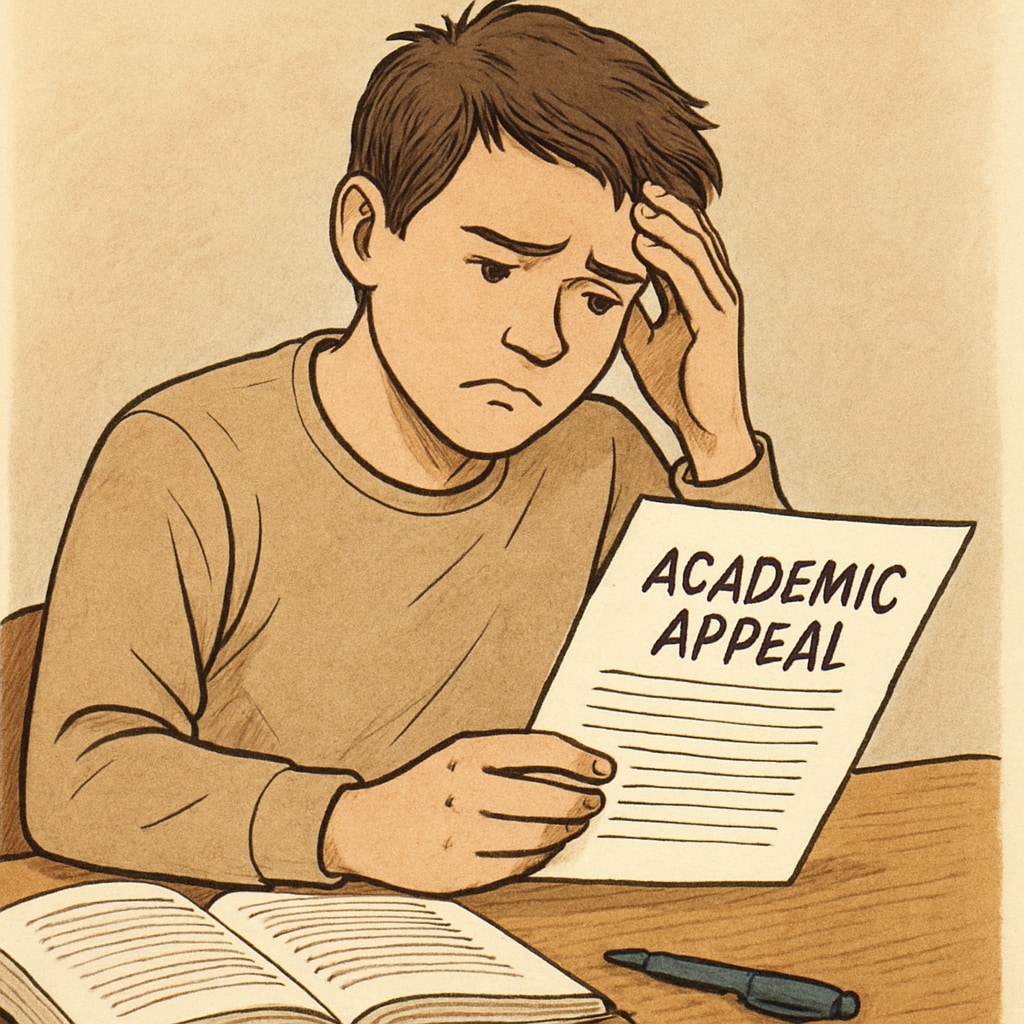In the world of K12 education, students frequently encounter issues related to academic appeals, teacher misconduct, and grade disputes. These situations can profoundly impact their educational journey and self-esteem. Despite the existence of appeal mechanisms, many students struggle to navigate them due to systemic flaws, lack of transparency, and fear of retaliation. Addressing these challenges is vital to ensure a fair and supportive learning environment for all.
Challenges in the Current Academic Appeal System
The academic appeal process is often riddled with obstacles that discourage students from seeking redress. For example, many institutions fail to provide clear guidelines on how to initiate an appeal or what evidence is required. As a result, students are left confused and discouraged.
- Lack of Awareness: Many students and their families are unaware of their rights to challenge unfair assessments or teacher misconduct.
- Limited Transparency: Appeal processes often lack transparency, leaving students uncertain about how decisions are made.
- Fear of Retaliation: Students may fear negative consequences, such as strained relationships with teachers or peers, if they file an appeal.
For example, a report by the Britannica on Education highlights how inadequate grievance mechanisms can stifle academic progression. Recognizing these systemic issues is the first step toward creating a more equitable system.

The Impact of Unfair Assessments on Student Development
Unfair evaluations can have long-term effects on students’ academic and emotional well-being. When grades are unjustly assigned, they may undermine a student’s confidence, limit their opportunities for advancement, and even discourage them from pursuing further education.
Moreover, teacher misconduct—whether intentional or unintentional—can exacerbate the problem. For example, biased grading methods or inconsistent application of academic standards can lead to grade disputes that disproportionately affect vulnerable students. According to Wikipedia’s overview on education systems, such disparities can perpetuate inequality across socio-economic backgrounds.

Proposed Solutions for a Fairer Academic Appeal System
To address these issues, institutions must take proactive steps to reform academic appeal systems. Here are some actionable recommendations:
- Enhanced Transparency: Schools should provide clear and accessible documentation outlining the appeal process, including timelines and required evidence.
- Support Mechanisms: Establishing dedicated student support committees can help students navigate the process without fear or confusion.
- Training for Educators: Teachers should receive training on fair grading practices and conflict resolution to minimize disputes.
- Neutral Arbitration: Introducing neutral third-party arbitrators can ensure unbiased resolution of appeals.
By implementing these measures, schools can create a more equitable environment that fosters trust and accountability. In addition, empowering students to voice their concerns can improve overall educational outcomes and promote fairness.
Readability guidance: Ensure sections are concise and actionable, with lists summarizing key points. The use of transition words such as “however,” “for example,” and “as a result” improves flow and readability.


